Cardiovascular diseases pose a significant threat to human life. According to relevant data, the incidence of cardiovascular diseases in China has been continuously rising in recent years, with 290 million people suffering from cardiovascular diseases, making it the leading cause of death among all diseases.This data sufficiently demonstrates the profound impact of cardiovascular diseases on people’s lives and health. With the increasing prevalence of cardiovascular diseases,people are paying more attention to body regulation, and blood-invigorating and stasis-resolving Chinese herbs have become highly sought-after health products. Compared to Western medicine, Chinese herbal medicine can better regulate the blood stasis constitution from the inside out, serving as a remedy that addresses both symptoms and root causes.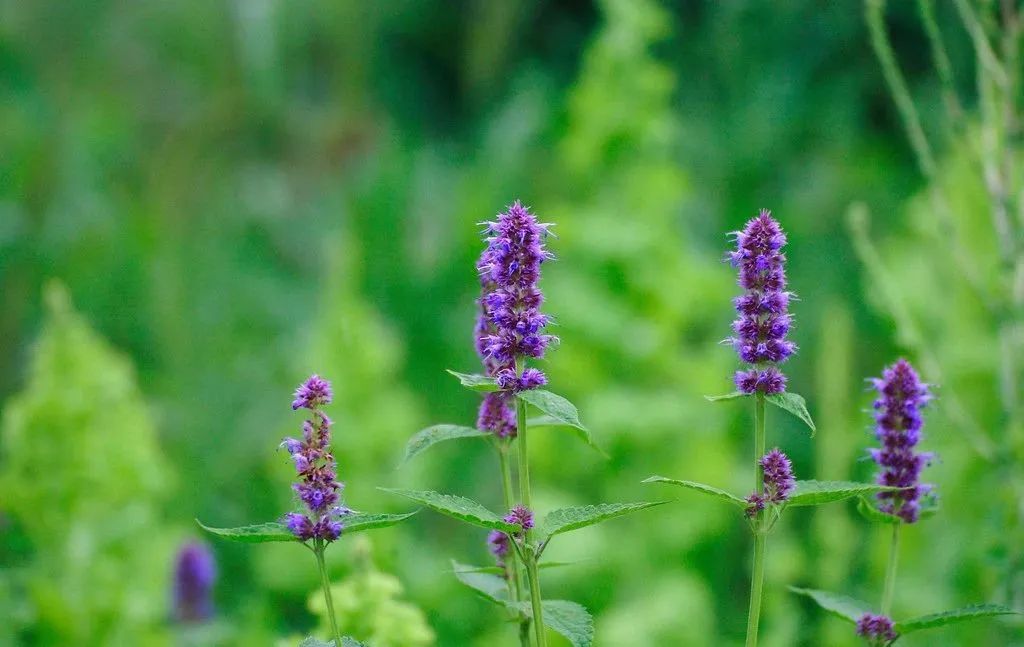 Moreover, in traditional views, Chinese medicine is considered relatively safe compared to Western medicine, with fewer concerns about side effects, as Chinese medicine emphasizes individualized prescriptions, with formulas tailored to the specific conditions of patients.“Blood-invigorating and stasis-resolving” is a term in Traditional Chinese Medicine (TCM), referring to herbs that can unblock the blood vessels in the body and eliminate stagnant blood after consumption.There are many commonly used blood-invigorating and stasis-resolving herbs, one of which is San Qi (Panax notoginseng), known for its ability to invigorate blood without causing bleeding, making it particularly suitable for patients with cerebral embolism and stasis-type heart disease. However, aside from San Qi,there are five other blood-invigorating and stasis-resolving herbs that can be considered “holy medicines” for invigorating blood.
Moreover, in traditional views, Chinese medicine is considered relatively safe compared to Western medicine, with fewer concerns about side effects, as Chinese medicine emphasizes individualized prescriptions, with formulas tailored to the specific conditions of patients.“Blood-invigorating and stasis-resolving” is a term in Traditional Chinese Medicine (TCM), referring to herbs that can unblock the blood vessels in the body and eliminate stagnant blood after consumption.There are many commonly used blood-invigorating and stasis-resolving herbs, one of which is San Qi (Panax notoginseng), known for its ability to invigorate blood without causing bleeding, making it particularly suitable for patients with cerebral embolism and stasis-type heart disease. However, aside from San Qi,there are five other blood-invigorating and stasis-resolving herbs that can be considered “holy medicines” for invigorating blood.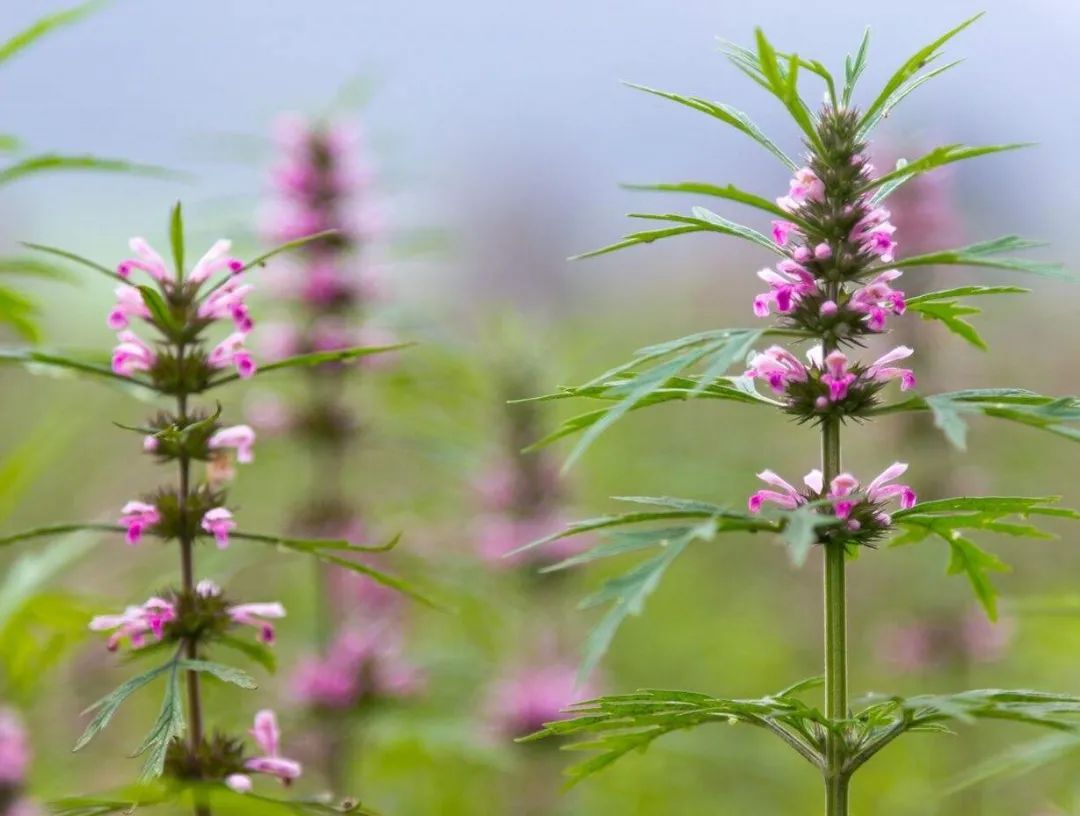 1. Yi Mu Cao (Leonurus japonicus)Yi Mu Cao is bitter and cool in nature, entering the heart and liver meridians. It has the effects of invigorating blood, resolving stasis, regulating menstruation, and reducing swelling.It is particularly effective for women, treating irregular menstruation, difficult labor, postpartum blood dizziness, abdominal pain due to stasis, hematuria, and various symptoms of boils and sores, and can be taken internally or applied externally. Yi Mu Cao has a strong effect in resolving stasis and relieving pain, and after consumption, it can effectively dilate blood vessels, promoting blood circulation in patients.
1. Yi Mu Cao (Leonurus japonicus)Yi Mu Cao is bitter and cool in nature, entering the heart and liver meridians. It has the effects of invigorating blood, resolving stasis, regulating menstruation, and reducing swelling.It is particularly effective for women, treating irregular menstruation, difficult labor, postpartum blood dizziness, abdominal pain due to stasis, hematuria, and various symptoms of boils and sores, and can be taken internally or applied externally. Yi Mu Cao has a strong effect in resolving stasis and relieving pain, and after consumption, it can effectively dilate blood vessels, promoting blood circulation in patients.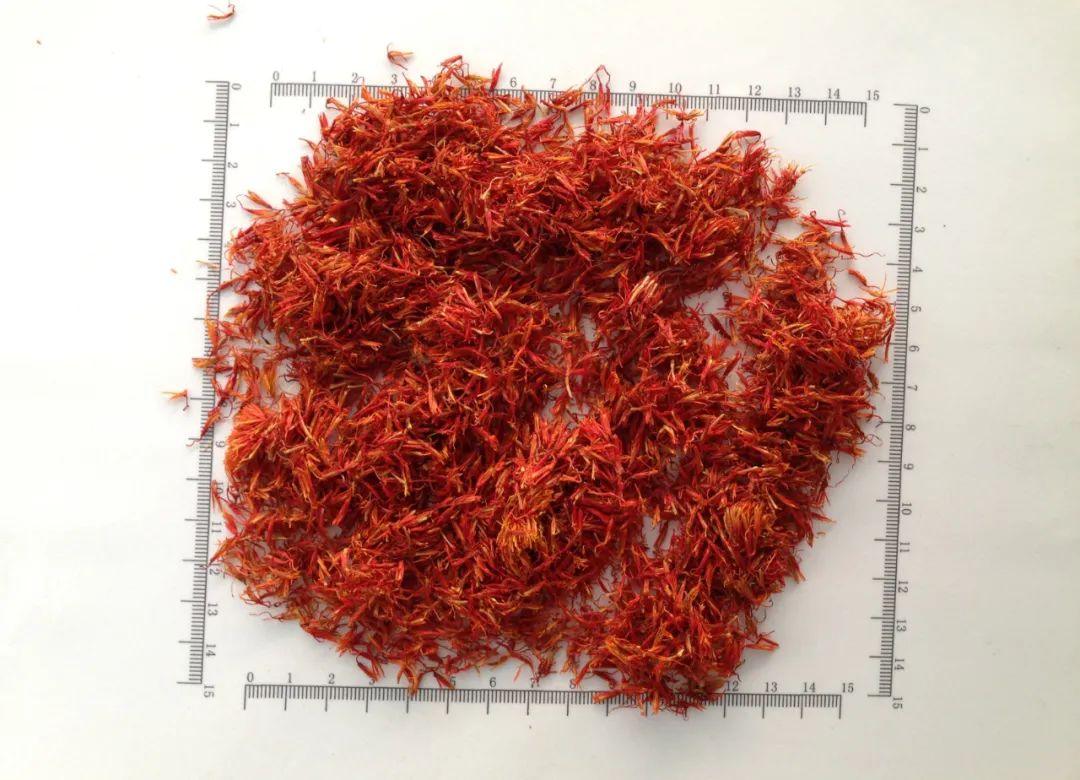 2. Zang Hong Hua (Crocus sativus)Those who enjoy watching historical palace dramas know that Zang Hong Hua is a powerful tool in the harem, capable of inducing abortion. However, is Zang Hong Hua merely an abortion drug?This understanding is somewhat biased. The reason Zang Hong Hua has abortifacient effects is primarily due to its ability to invigorate blood and regulate menstruation. After consumption, it can effectively slow the heart rate while increasing blood flow, and it has a good inhibitory effect on platelet aggregation. Generally, the dosage should be controlled between 3 grams to 10 grams, making it contraindicated for pregnant women.At the same time, Zang Hong Hua also has pain-relieving and stasis-resolving effects, suitable for treating body pain caused by blood stasis.
2. Zang Hong Hua (Crocus sativus)Those who enjoy watching historical palace dramas know that Zang Hong Hua is a powerful tool in the harem, capable of inducing abortion. However, is Zang Hong Hua merely an abortion drug?This understanding is somewhat biased. The reason Zang Hong Hua has abortifacient effects is primarily due to its ability to invigorate blood and regulate menstruation. After consumption, it can effectively slow the heart rate while increasing blood flow, and it has a good inhibitory effect on platelet aggregation. Generally, the dosage should be controlled between 3 grams to 10 grams, making it contraindicated for pregnant women.At the same time, Zang Hong Hua also has pain-relieving and stasis-resolving effects, suitable for treating body pain caused by blood stasis.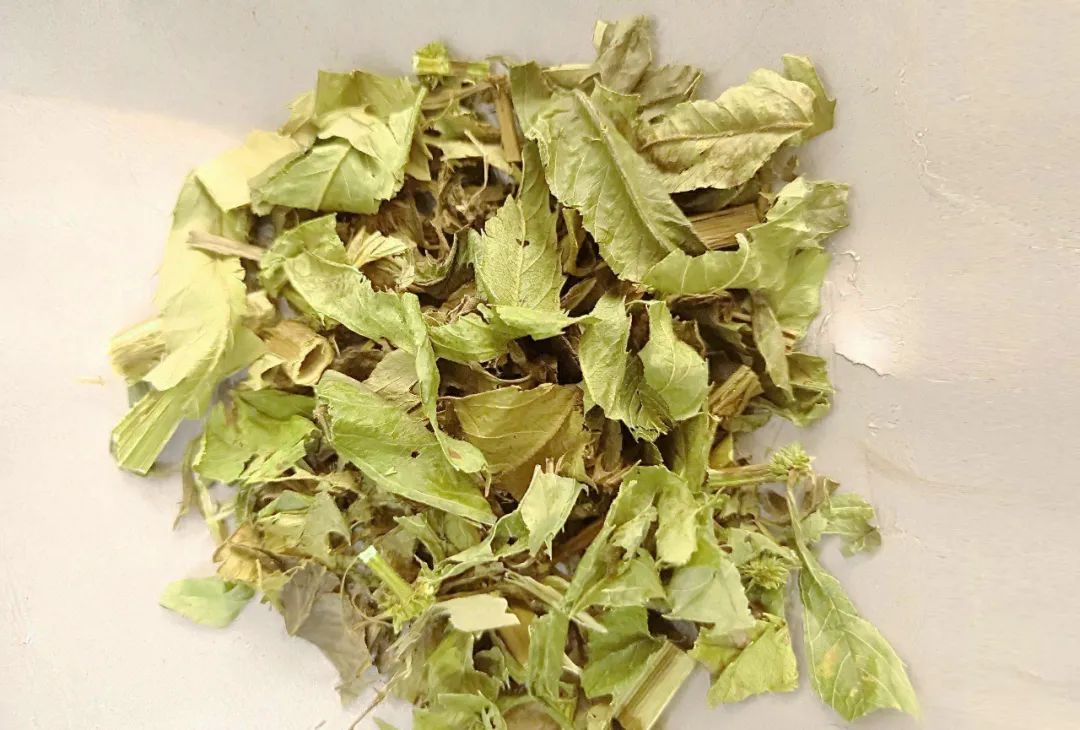 3. Ze Lan (Lycopus lucidus)Ze Lan is a warm herb, with the medicinal part being the aerial parts of the plant collected in summer and autumn and processed for medicinal use.Ze Lan is pungent and warm, entering the liver and spleen meridians, and has the effects of invigorating blood, regulating menstruation, reducing swelling, and resolving stasis.Taking an appropriate amount of Ze Lan can help regulate the organs of the body, promoting blood flow, which is beneficial for preventing vascular diseases. It is especially suitable for women with blood stasis constitution, treating irregular menstruation, amenorrhea, dysmenorrhea, and can also be used for women with postpartum lochia retention.
3. Ze Lan (Lycopus lucidus)Ze Lan is a warm herb, with the medicinal part being the aerial parts of the plant collected in summer and autumn and processed for medicinal use.Ze Lan is pungent and warm, entering the liver and spleen meridians, and has the effects of invigorating blood, regulating menstruation, reducing swelling, and resolving stasis.Taking an appropriate amount of Ze Lan can help regulate the organs of the body, promoting blood flow, which is beneficial for preventing vascular diseases. It is especially suitable for women with blood stasis constitution, treating irregular menstruation, amenorrhea, dysmenorrhea, and can also be used for women with postpartum lochia retention.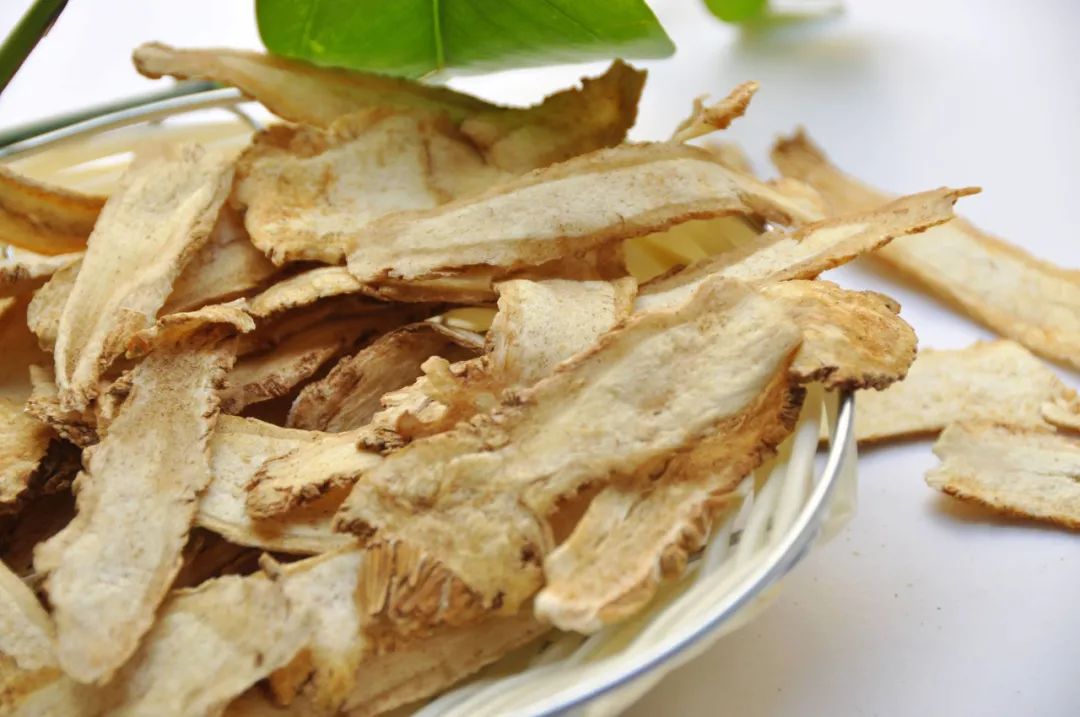 4. Dang Gui (Angelica sinensis)Chinese medicine scholars believe that Dang Gui is warm in nature and has excellent blood-invigorating and blood-nourishing properties, suitable for patients with blood stasis constitution. Additionally, some women may experience irregular menstruation and dysmenorrhea, and can also take Dang Gui for effective pain relief.Furthermore, Dang Gui can be used for making herbal infusions or foot baths. There are many acupoints on the feet, and through foot absorption of nutrients,it can also promote meridian circulation, tonify the kidneys, benefit qi, expel dampness, and keep warm, showing significant efficacy for symptoms like arthritis.
4. Dang Gui (Angelica sinensis)Chinese medicine scholars believe that Dang Gui is warm in nature and has excellent blood-invigorating and blood-nourishing properties, suitable for patients with blood stasis constitution. Additionally, some women may experience irregular menstruation and dysmenorrhea, and can also take Dang Gui for effective pain relief.Furthermore, Dang Gui can be used for making herbal infusions or foot baths. There are many acupoints on the feet, and through foot absorption of nutrients,it can also promote meridian circulation, tonify the kidneys, benefit qi, expel dampness, and keep warm, showing significant efficacy for symptoms like arthritis.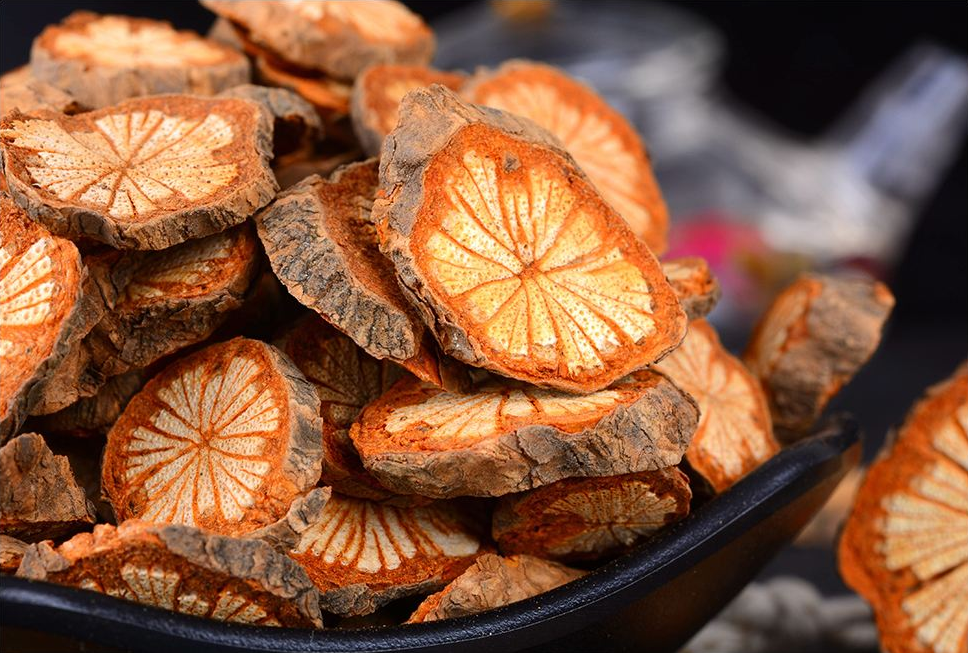 5. Da Xue Teng (Sargentodoxa cuneata)Da Xue Teng is primarily produced in the southern regions, harvested in autumn and winter, with the medicinal part being its vine stems, which are dried and processed for medicinal use.It has the effects of invigorating blood, resolving stasis, and relieving pain, suitable for treating irregular menstruation, amenorrhea, and dysmenorrhea caused by blood stasis.Additionally, Da Xue Teng is neutral in nature and can also treat rheumatic pain and persistent pain due to damp-heat in the large intestine.
5. Da Xue Teng (Sargentodoxa cuneata)Da Xue Teng is primarily produced in the southern regions, harvested in autumn and winter, with the medicinal part being its vine stems, which are dried and processed for medicinal use.It has the effects of invigorating blood, resolving stasis, and relieving pain, suitable for treating irregular menstruation, amenorrhea, and dysmenorrhea caused by blood stasis.Additionally, Da Xue Teng is neutral in nature and can also treat rheumatic pain and persistent pain due to damp-heat in the large intestine.
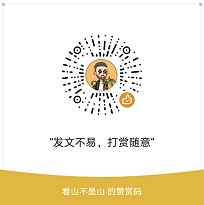

Click here to read: The Life-Sustaining Soup Passed Down for Over 1200 Years Truly Has Life-Sustaining Effects (Medical Case)
Shoulder pain, back pain, waist pain, leg pain, whole body pain: Introducing a Chinese patent medicine
A barefoot doctor published a formula for treating cerebral thrombosis in a magazine 40 years ago
Click “Read the original text“↙ to see more exciting content

